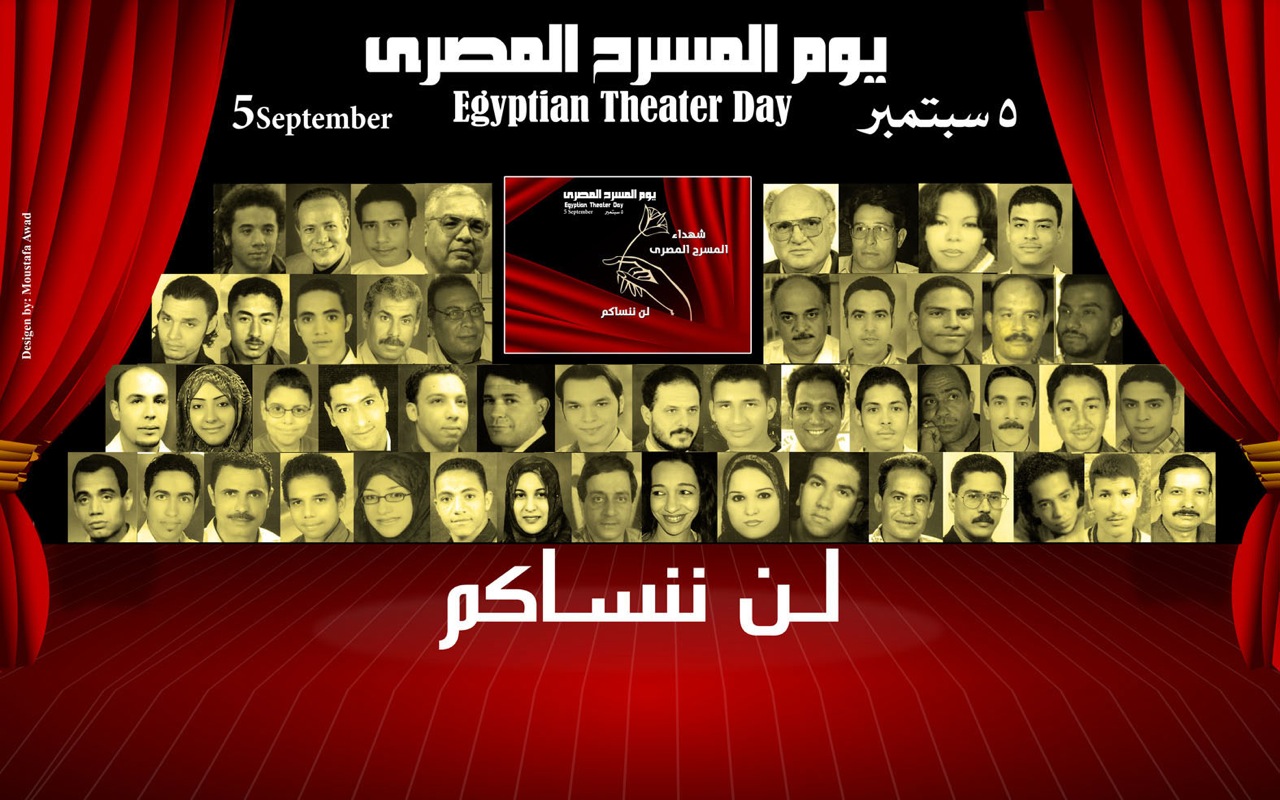Often subverted by quirks and campiness, the fest that often seems to revel in bad taste brought in a strong musical lineup this year – and the winner was the undisputed musical favorite, says DW’s Rick Fulker.A dancing gorilla, rap combined with yodeling, and a seemingly endless parade of ballads sang by solo female artists in long white dresses: it was going to be a groaningly monotonous year, I thought, when the videos first appeared online.
Then, as time went on, a few favorites emerged. Most of them were confirmed in the two semifinals and went on to compete in the final lineup. The distinguishing feature: for one reason or another, the ones that survived the first rounds were unique or different.
Song competitions date back to ancient Greece. One such song contest is also celebrated in Richard Wagner’s opera “Tannhäuser.” The issues there are the same: what counts? Artistic integrity or popular appeal? When a song is written or performed, does one seek to inflate the bubble of life’s experience that people are living in, or to burst it?
Portugal’s Salvador Sobral and his songwriting sister Luisa joined forces in a love song. The singer, who suffers from a life-threatening heart disease, gave a no-frills performance with no gimmicks – just some background forest scenery.
Yet throughout, one looked forward to each time Sobral would step onstage. In the press room, where people cheered their favorites, everything fell silent when it was his turn. And maybe there has never been more joy over a winner.
Other songs this year seriously or ironically revolved around life philosophies (Germany’s “Perfect Life” or Italy’s “Occidentali’s Karma”) or spotlighted ethnic traditions (Azerbaijan’s “Skeletons,” Hungary’s “Origo” or Romania’s “Yodel It!”). Along with much English-language fare, there was a resurgence of national languages, including the entries by Spain and Moldova.
ESC, as a colleague of mine observed, is the key on a computer keyboard that gets you unstuck, ends a program or a process, or clears the screen. For war-torn and crisis-ridden Ukraine, ESC (European Song Contest) provided an opportunity for the country to showcase its immaculately clean and beautiful capital of trees and golden cathedral domes. Despite its three-year-old war that has claimed 10,000 lives, with more civilians killed just before the event, Kyiv took a break from the violence to celebrate with the rest of the world.
The fun moment was also a serious one. There was much of value in this songfest praising what brings nations together rather than what separates them. The motto “Celebrating Diversity” could not be taken for granted. It is work in progress in the European project. Ukraine is the largest country located completely on the European continent and the one whose identification with (western) Europe has resulted in a conflict with neighboring Russia that will likely last a generation.
And which song won this year? One whose lines go: “If your heart / Won’t be wiling to give in / Won’t be willing to feel / Won’t be willing to suffer / Without making plans of what will come ahead / My heart can love for both of us instead.”
Along those lines, Ukraine needs a leap of faith – and so does Europe. A song competition might show the way.
Have something to say? Please leave your comments below. The thread closes automatically after 24 hours.




